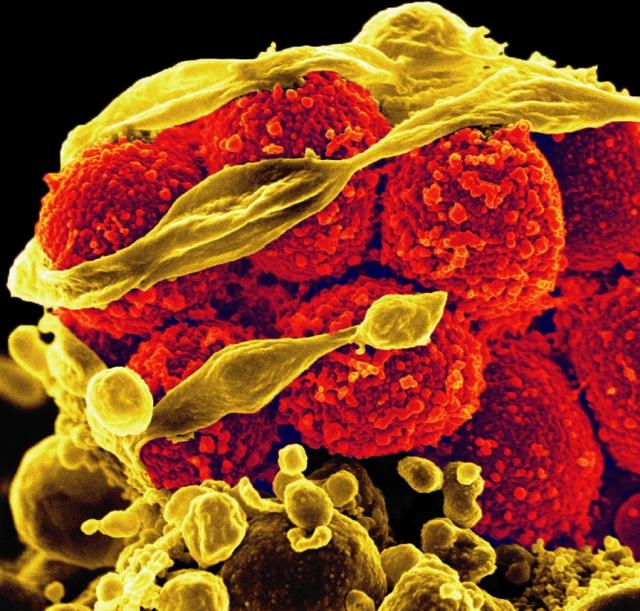Escherichia coli is a harmless gut micro-organism, but some pathogenic strains can cause life-threatening infections and other illnesses like urinary tract infections. It can also cause disease in animals, leading to economic losses due to mortality and morbidity. There are substantial limitations in our understanding of the distribution of antibiotic resistance in humans and livestock in developing countries. This study presents the results of an epidemiological study examining patterns of antimicrobial resistance in Escherichia coli isolates circulating in overlapping geographic human (n = 321) and livestock (n = 633) samples from 99 households across Nairobi, Kenya. E. coli isolates were tested for susceptibility to 13 antimicrobial drugs representing 9 antibiotic classes.
Nairobi is the capital city in Kenya where the population is rapidly growing, and livestock are commonly kept within household compounds bringing them into close contact with people. E. coli is an ideal organism to study the spread of antimicrobial resistance in this complex environment since it is a ubiquitous commensal in both livestock and humans, but with a wide range of resistance phenotypes.
This study focuses on the role of livestock keeping as a potentially high-risk urban interface for antimicrobial resistance transmission between humans and livestock in urban Nairobi. This is the first study to characterize the patterns and epidemiology of antibiotic-resistant E. coli from cohabiting human and livestock populations in a low resource urban setting. At the scale of individual households, we explore the role of livestock as risk factors for antimicrobial resistance carriage in humans, hence providing insight into the pathways of antimicrobial resistance transfer.
Partner institutions
- Food and Agriculture Organization of the United Nations
- International Livestock Research Institute
- Kenya Medical Research Institute
- National Museums of Kenya
- University of Edinburgh
- University of Liverpool
- University of Nairobi
- University of Oxford
- Uppsala University
Funding
- Biotechnology and Biological Science Research Council
- Economic and Social Research Council
- Medical Research Council
- Natural Environment Research Council
More information
Muloi, D. et al. 2019. Epidemiology of antimicrobial-resistant Escherichia coli carriage in sympatric humans and livestock in a rapidly urbanizing city. International Journal of Antimicrobial Agents 54(5): 531–537.
Contact
Dishon Muloi (d.muloi@cgiar.org)
